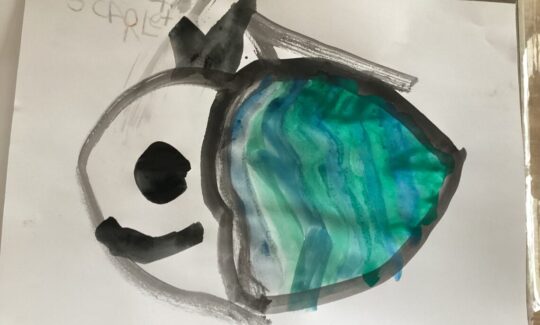The Importance of Reading at Every Age
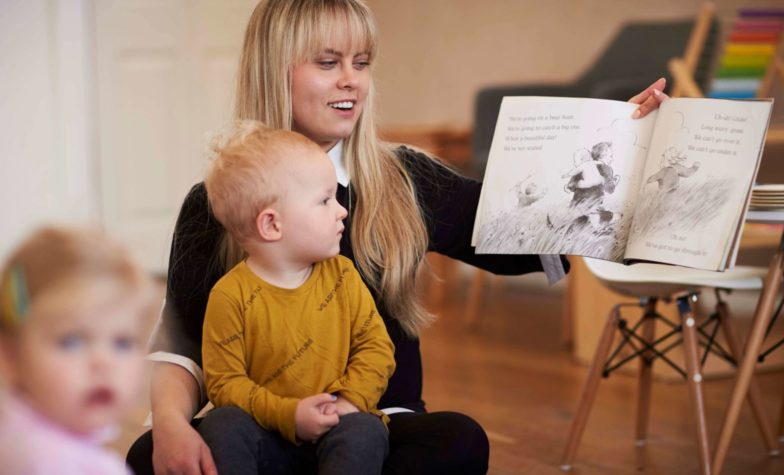
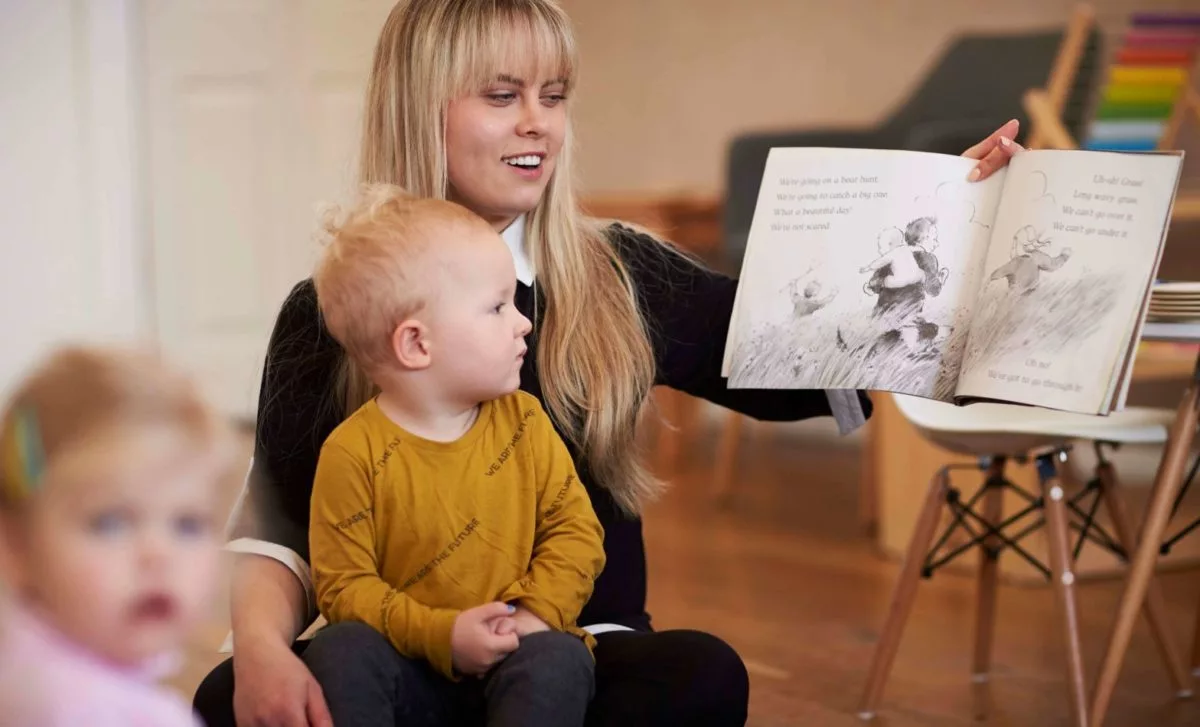
At Only About Children we believe it’s never too early to start reading to children and exposing them to quality literature. By reading to young children, you foster a love of books and reading right from the start.
Encouraging children to develop a passion for reading begins at a young age, even before they are old enough to read themselves. There are many useful tips and tricks for getting your child interested in reading that you can practice at home.
Reading with newborns
Benefits of reading to newborns
Starting early is important! Did you know the roots of language begin developing in a baby’s brain before they can even talk? The more words your baby hears over time, the more words they become familiar with. At Only About Children we read to babies for the same reason we talk to them – to reassure, to entertain, to bond and to inspire curiosity. In reading out loud, you also condition a baby’s brain to associate reading with a positive and happy experience.
How to teach newborns to read
Babies love action! Encourage language development and an interest in reading by keeping things lively and engaging when you read to your baby. Here are some tips to help your baby grow into a happy and confident reader:
- Keep it short: Infants need to move and are constantly on the go. Don’t worry if they tumble or roll around as you read to them. They may be moving but they are still listening!
- Choose engaging books: Books featuring animals, vehicles and nature invite movement and the making of sounds. Books with detailed textures (to touch) encourage sensory learning
- It’s all in your voice: Use pitch variation, vary the volume from loud to a whisper and articulate your words clearly to sound engaging and keep their attention
Best books for newborns
For newborns, it’s important to choose books with simple, high-contrast images and patterns, as their vision is still developing. Remember that at this stage, it’s more about the visual appeal and interaction than the storyline. Choose books with sturdy pages that can withstand a bit of chewing and play. Popular choices include:
- “Black and White” series by Tana Hoban: These board books feature high-contrast black and white images, perfect for capturing a newborn’s attention.
- “Hello, Bugs!” by Smriti Prasadam-Halls: This board book showcases colorful, high-contrast illustrations of bugs, making it visually engaging for newborns.
- “Look, Look!” by Peter Linenthal: This book features bold black-and-white patterns and simple shapes, designed to stimulate a newborn’s developing vision.
Reading with Toddlers
Benefits of reading to toddlers
Few children learn to love books by themselves. Someone has to lure them into the wonderful written world; someone has to show them the way – Orville Prescott
Research has shown that reading out loud to children is the single most important thing a parent or Educator can do to prepare a child for future academic success. There are many benefits of reading to your toddler, such as:
- Improving comprehension
- Reducing stress
- Boosting brain development
- Deepening a bond between you and your child
How to teach toddlers to read
- Encourage questions: Ask your toddler who their favourite character is and to describe what the characters look like.
- Read their favourites: It is likely that your toddler will have a favourite book. There is no harm reading it to them over and over again. Toddlers find familiarity comforting and reassuring.
- Make mistakes: Toddlers grow in confidence from demonstrating their knowledge. Make mistakes on purpose when you are reading to them or pretend to struggle when pronouncing simple words so that they can correct you.
Best books for toddlers
Zero to Three have excellent resources and recommendations on what you should be reading to your toddler based on their age and development. Generally, toddlers between the ages of 12 – 18 months enjoy stories with pictures of other babies, animals, people and objects from their environment that are familiar to them. It is recommended that toddlers between the ages of 18 – 24 months are introduced to longer stories and books with paper pages, under supervision. Toddlers of this age engage in books with humour, rhythm and silly rhymes.
Here are some popular and well-loved books for toddlers:
- “Brown Bear, Brown Bear, What Do You See?” by Bill Martin Jr. and Eric Carle: A classic with rhythmic text and colorful illustrations, perfect for introducing animals and colors.
- “Goodnight Moon” by Margaret Wise Brown: A soothing bedtime story with repetitive text and simple illustrations that help with routine and sleep.
- “The Very Hungry Caterpillar” by Eric Carle: An interactive book that follows the journey of a caterpillar as it transforms into a butterfly, teaching days of the week and counting.
- “Dear Zoo” by Rod Campbell: A lift-the-flap book where children can discover different animals sent by the zoo, engaging them in a guessing game.
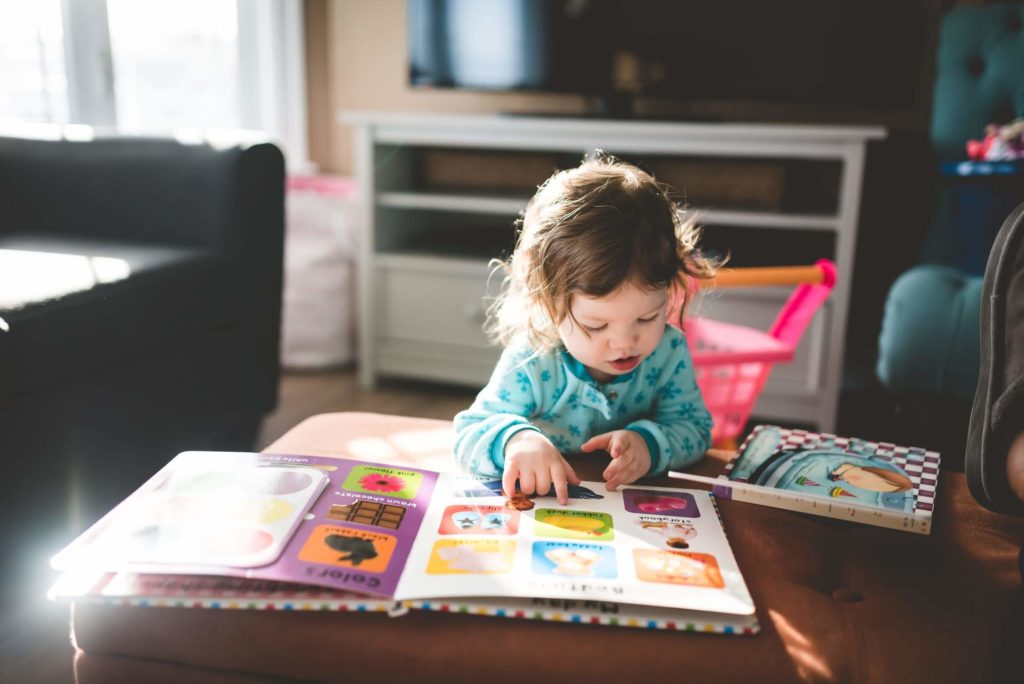
Reading with Preschoolers
Benefits of reading to preschoolers
Reading to preschoolers fosters holistic development by expanding vocabulary, enhancing cognitive skills, and preparing them for formal education. It cultivates creativity, can strengthen a child’s bond with their parents or caregivers, and instills a love for learning. It’s not just about stories, they also learn about letters and numbers and also makes them think about different things and different people. The calming nature of reading also aids stress reduction, making it a powerful and simple tool for supporting a child’s growth.
How to teach preschoolers to read
- Make a reading routine: Introduce a reading routing to ensure your child is reading consistently. Make reading part of their downtime and going to bed routine
- Be a role model: Reinforce to your child how much you enjoy reading with them, and talk about story time being one of your favourite things to do together
- Point out words: Talk about the written words you see in the world around you such as the words on street signs. Ask your child to find and learn a new word during every outing
- Use tongue twisters: Sing songs, read rhyming books and say silly tongue twisters to help your child become sensitive and attune to the sounds and pronunciation of words
Best books for preschoolers
The Children’s Book Council of Australia has a number of book recommendations in the early childhood category which can be found on their website. This resource is a great starting point with a wide variety of non-fiction, poetry and drama texts which will help introduce your child to a range of different types of reading. Popular books for preschoolers worth mentioning include:
- “The Gruffalo” by Julia Donaldson: A rhyming story about a clever mouse who encounters various creatures in the forest, including the imaginary Gruffalo.
- “The Snowy Day” by Ezra Jack Keats: A classic tale about a young boy exploring the wonders of a snowy day, highlighting the joy of discovery and play.
- “Pete the Cat” series by James Dean and Eric Litwin: Follow Pete the Cat on his cool adventures, featuring catchy songs and positive messages about attitude and resilience.
- “Giraffes Can’t Dance” by Giles Andreae: A charming story about Gerald the Giraffe, who discovers his unique dance style and the importance of self-expression.
- “The Very Busy Spider” by Eric Carle: This interactive book features a spider spinning its web and various farm animals trying to get its attention.
Remember, your child’s Educator at Only About Children will be happy to share with you the books that we are currently enjoying in class. There is such a diverse range of literature available for children at every developmental age, and it is never too early to start getting your child interested in reading!
FAQs
Why is my child not interested in reading?
Possible reasons for a child’s disinterest in reading include developmental readiness, learning style, limited exposure, book selection, and the reading environment. Ensure age-appropriate and varied book choices, create a comfortable reading space, and establish a positive reading routine. Be mindful of potential learning challenges and avoid putting undue pressure on the child. Encourage autonomy in book selection, model a positive attitude towards reading, and consider seeking professional advice if concerns persist.
Why is it important for parents to read with their children?
Reading with children is crucial for their development. It enhances language and cognitive skills, fosters early literacy, and strengthens the parent-child bond. Shared reading promotes social and emotional development, sparks imagination and creativity, and contributes to academic success. It also introduces children to diverse perspectives, establishes routines, and cultivates a love for learning. In essence, reading together is a powerful and multifaceted activity that positively influences various aspects of a child’s growth.
For more great reading check out:
Child Developmental Milestones: A Checklist for Babies & Toddlers
Language First Then Literacy | Only About Children (oac.edu.au)
Top Tips For Preparing Your Child For School | Only About Children (oac.edu.au)
Only About Children can help your child to grow, make friends and explore the world.
Only About Children can help your child to grow, make friends and explore the world.
Related Reads
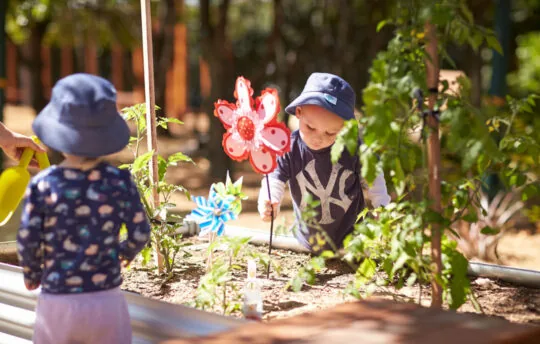
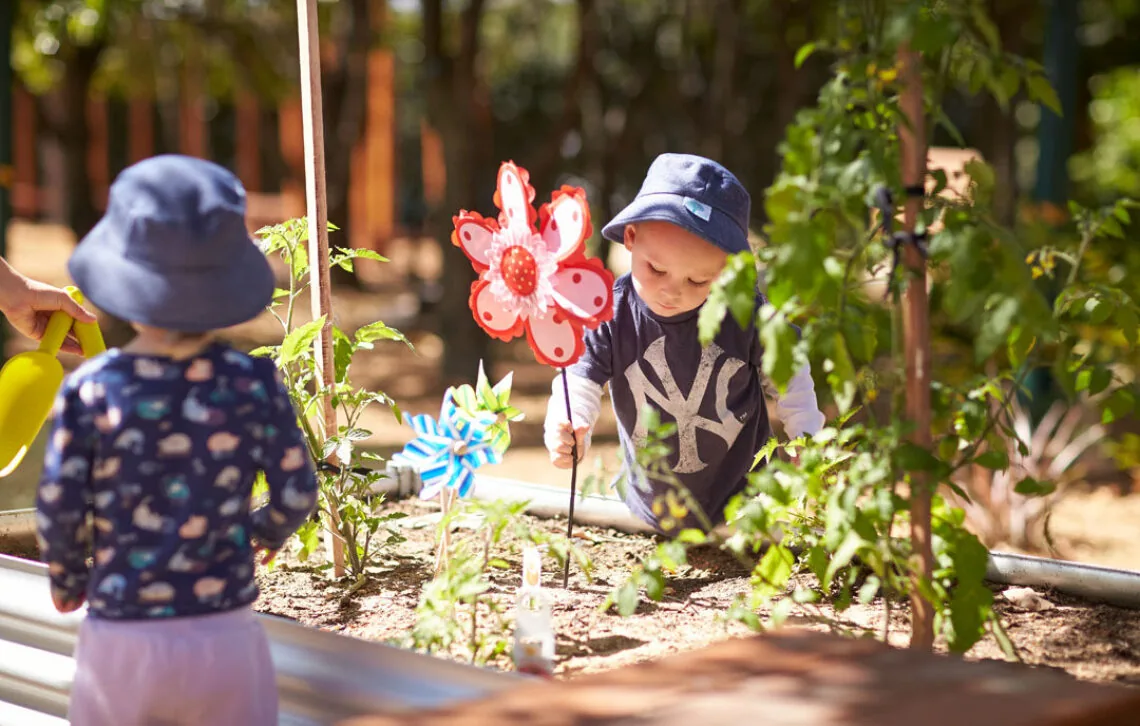
Choosing The Right Preschool/Kindergarten For Your Child
Choosing the right Preschool/Kindergarten for you child can be a daunting task. When exploring the ideal preschool choices for your child, there is no need to navigate blindly. Simply by asking the right questions, you can find the perfect match.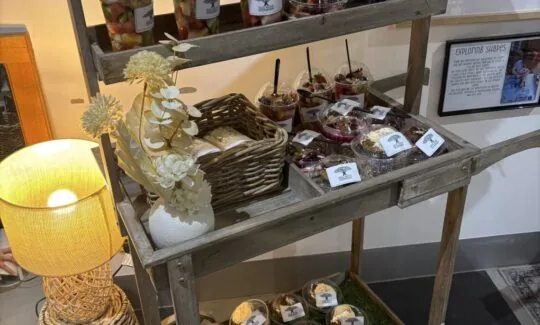

Picnic Fun and Family Connections at OAC Mernda
Our OAC Mernda community came together for International Picnic Day, enjoying a fun-filled afternoon of connection, conversation and belonging.